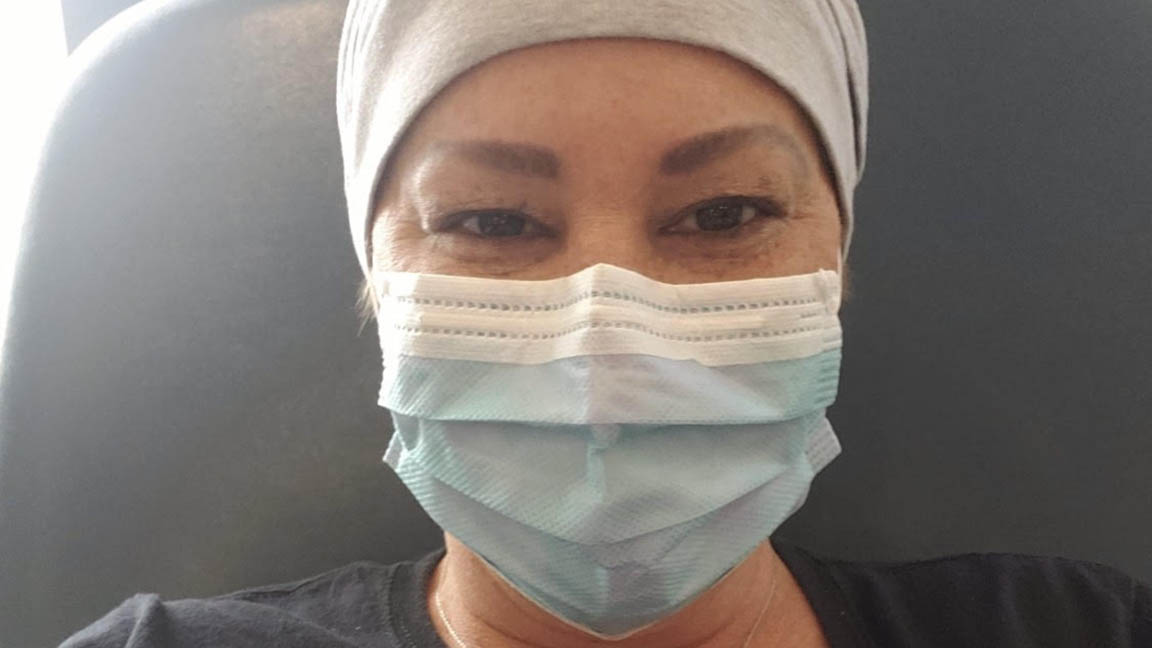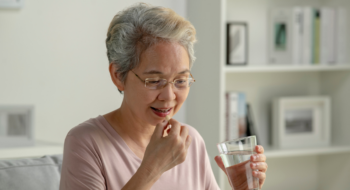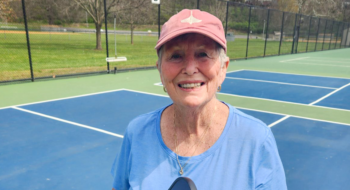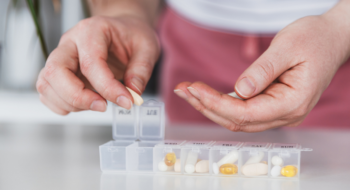Her breast cancer diagnosis in May 2020 was not a complete surprise to Murrells Inlet resident Julie Stone.
Her grandmother, Gladys Shively, died of breast cancer, and her mother, Lori Bush, had recently received her own diagnosis at the age of 69.
Stone was 44 when her own biopsy came back positive for cancer.
“I always knew I would end up with breast cancer,” Stone says. “But I never imagined it would be this early in life.”
A difficult struggle
The lump she discovered in her right breast turned out to be invasive ductal carcinoma, an aggressive form of cancer that her care team at Tidelands Health Cancer Care Network, our region’s most comprehensive provider of cancer care, treated just as aggressively.
Throughout the second half of 2020, while COVID-19 raged across the country, Julie underwent round after round of chemotherapy. She lost her hair and developed anemia.
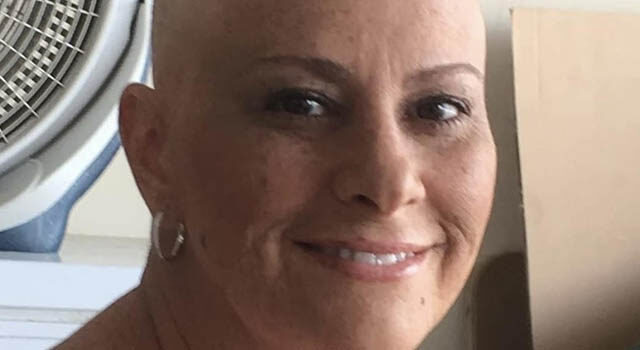
“There, toward the end, I was ready to throw in the towel,” she says.
Her faith in God, her faith in her medical team and her dedication to her husband, Michael, and son, Brady, sustained her through the struggle and gave her hope.
The day of Stone’s first round of chemotherapy, the family learned Michael had liver cancer.
“There was another reason for living,” Stone says. “I had to get him through his cancer.”
'She never left my side'
Over the months that followed, Stone nursed Michael despite her own pain and suffering. In 2021, Michael went through two liver transplants.
“Even though she was tired and weak, she never left my side,” Michael says.
 Stone’s breast surgeon, Dr. Craig Brackett, says Julie’s outlook played an important role in her successful treatment. Dr. Brackett practices at Tidelands Health Breast Center, our region’s only surgical practice dedicated solely to breast health, and serves as medical director of the Tidelands Health breast health program.
Stone’s breast surgeon, Dr. Craig Brackett, says Julie’s outlook played an important role in her successful treatment. Dr. Brackett practices at Tidelands Health Breast Center, our region’s only surgical practice dedicated solely to breast health, and serves as medical director of the Tidelands Health breast health program.
“Some people see the glass as half-empty and some see it as half-full,” says Dr. Brackett. “Julie approached it as half-full. She always had a real positive attitude.”
Stone calls Dr. Brackett and her Tidelands Health oncologist, Dr. Catie Burbage, her angels.
“I believe God sent them into my journey,” she says.
A blessing
Stone had her last chemotherapy treatment on Nov. 3, 2020, followed by a double mastectomy and breast reconstruction.
Nearly two years later, Julie is cancer-free and recovering — and finding the experience has changed her in many ways.
“This whole journey has been a blessing,” Julie says. “It’s been a blessing because it has taught me so much.
“It has taught me that you cannot go through life living in fear. I’ve learned to count my blessings and not my problems.”
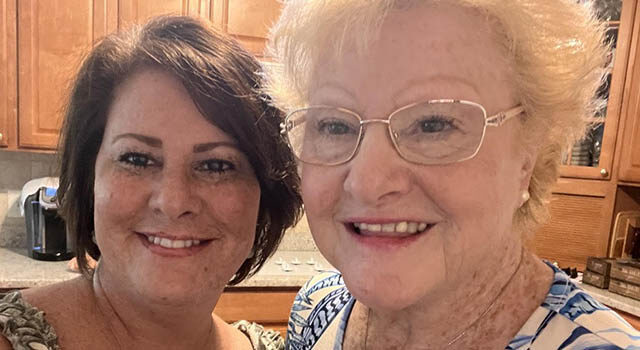
Julie says that before her diagnosis, she struggled with anxiety, particularly where doctors were concerned — a condition known as “white coat syndrome.” She refused to go to doctors for fear that they might find something was wrong.
Even after she discovered the lump in her breast, she delayed making an appointment until Michael pushed her to do so.
When she started chemo, Julie documented her experience on Facebook each week, partly to encourage other women to avoid her fate by catching any problems early.
“I have Facebook memories of every chemo I had,” she says. “I shared my journey for people to see that you can overcome this — there’s light at the end of the tunnel.”
Importance of regular screenings
Since then, Julie has become an outspoken advocate for regular check-ups, routine mammograms and following good health practices. In early October, she served as grand marshal of the Tidelands Health Foundation’s In the Pink Breast Cancer Awareness Walk.
She encourages women to undergo regular mammograms as soon as they become eligible.
The team at Tidelands Health Breast Center recommends women at average risk of breast cancer begin regular mammograms at age 40.
Women who are at high risk for breast cancer should get a breast MRI and a mammogram every year, typically starting at age 30. In consultation with a care provider, some women may begin regular screenings at an earlier age depending on unique circumstances and risk factors.
“For those women who are like me and thought, ‘I’m too young to get breast cancer,’ and put it off — well, no, you’re not,” she says.
Above all, Julie says, she learned that she’s far stronger than she ever realized. It’s a lesson she hopes other women living with breast cancer also learn.
“Know that you are capable of anything,” she says.
